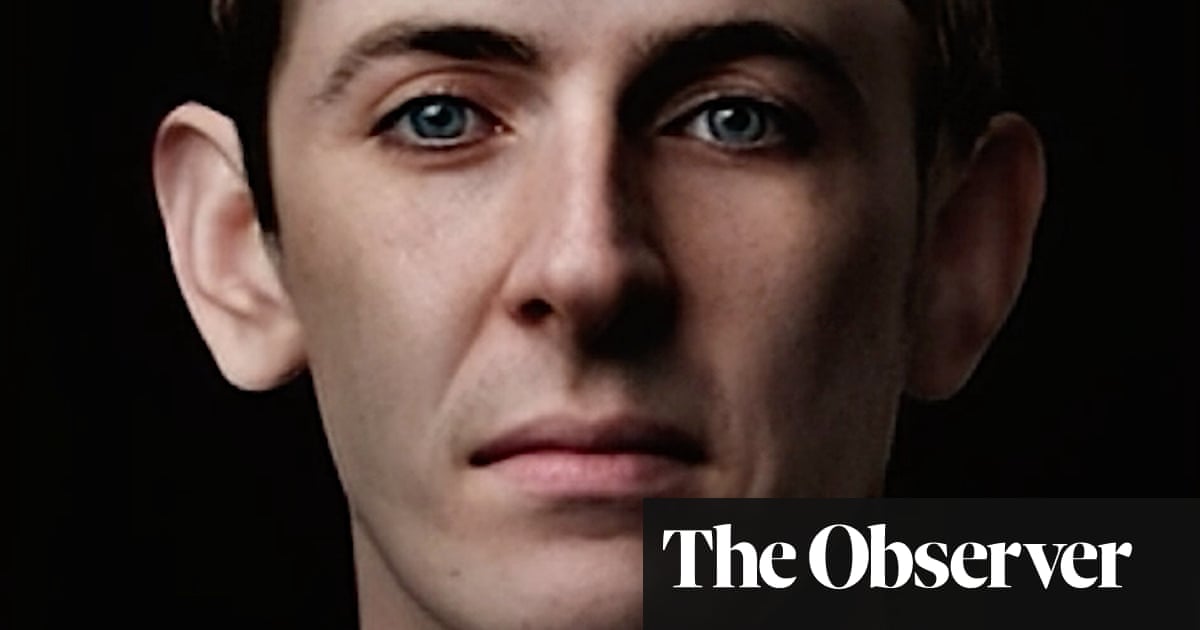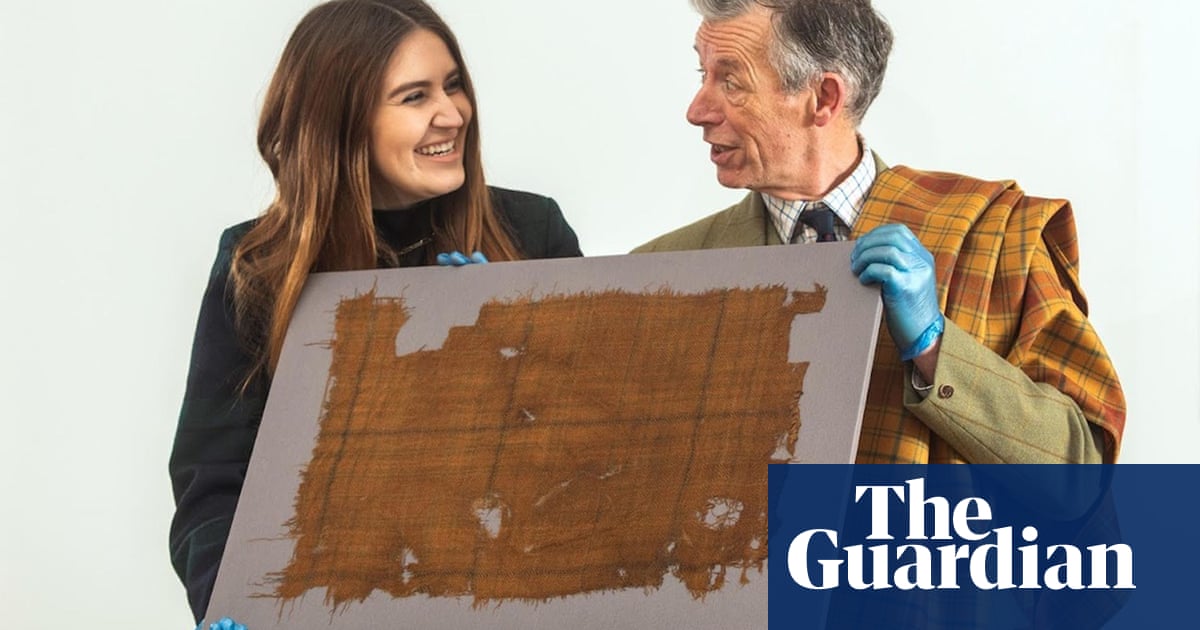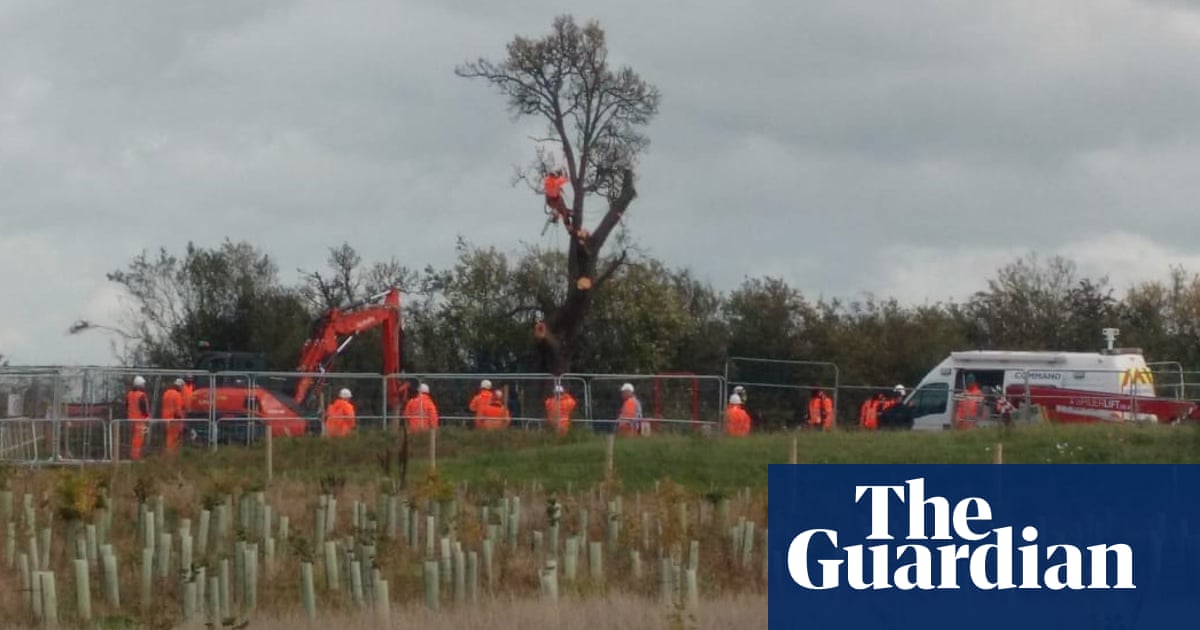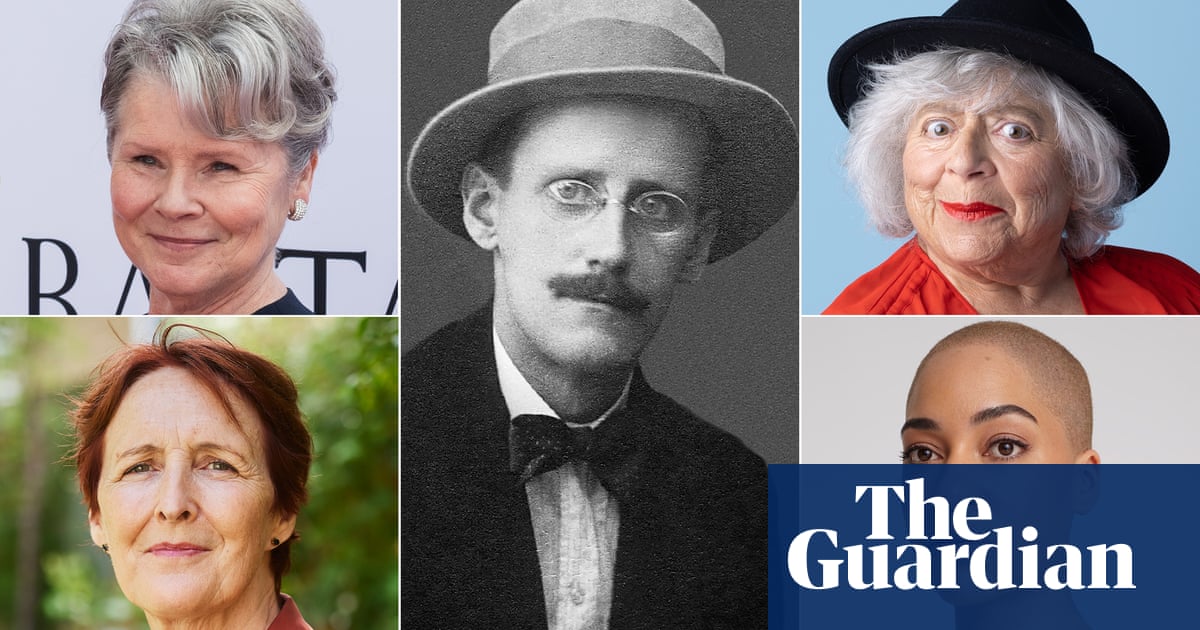
A Bronze Age woman who suffered lower back pain 4,000 years ago and an Iron Age Pictish man who lived a life of hard labour 1,500 years ago are among our ancient ancestors who have been brought to life in dramatic facial reconstructions.
Cutting-edge technology will enable visitors to Scotland’s new Perth Museum to come face to face with four individuals from our past in modern-day Perthshire.
Scientists at Aberdeen University have analysed human remains in the museum’s collection, using the latest advances in ancient DNA, isotopes and radiocarbon analysis, as well as reconstruction forensics.
The tests have revealed new and surprising findings about four very different people who lived in Perthshire over the last two millennia.
They include a 14th-century man, who was aged between 18 and 25 when he was apparently murdered, and a 16th-century nun from the medieval Cistercian nunnery of Elcho, who probably had a limp, as she had broken her foot at some stage.
Each individual moves with extraordinary realism in the digital portraits, peering out at the onlooker as they turn their head and look around.
If they were to be alive today, they would not stand out in a crowd, the scientists said.
Professor Marc Oxenham, a specialist in bioarchaeology at the University of Aberdeen, told the Observer that the Bronze Age woman lived around 2200-2000 BC: “Put her in everyday clothes today and no one would blink an eye.”
He added that the Pictish man lived around 400-600 AD, but he looks just like any “regular young bloke” today.
The Bronze Age woman’s remains were found during ploughing at Lochlands farm, Perthshire, when a tractor broke into a burial chamber in 1962. She was about five foot tall and is thought to have been in her thirties or forties at her death. Scientific analysis reveals that she would have had lower back pain, while a healed trauma to her forehead suggests some accident.
Remains of the Pictish man were unearthed during construction work at Bridge of Tilt, Blair Atholl, in the 1980s. The analysis has revealed that he spent his childhood on the west coast, or possibly in Ireland, and endured years of hard agricultural work, judging from a level of osteoarthritis that would not be expected in an individual who died in his forties. He lived off mainly farmed land produce and is thought to have moved to Perthshire late in his life.
Radiocarbon tests on the possible murder victim, discovered in a car park at Horsecross in Perth in the early 2000s, suggest that he lived around 1185-1290 AD.
He had met a violent death, suffering a serious traumatic injury, which had crushed several ribs, before being put into a hastily dug pit.
Oxenham said: “We don’t know exactly what that blunt force trauma was. He could have been stomped on by a horse or bludgeoned in the chest with some sort of mace-like object. The way he was buried, basically thrown into a tiny pit, suggests a hasty concealment.”
Dr Rebecca Crozier, senior lecturer in archaeology at the University of Aberdeen, said the portraits make people in our past “so relatable to who we are now”, while advances in facial reconstruction have now made them all the more real. The portraits have been created by Chris Rynn, a forensics and facial reconstructions expert.
The new research and stories of these ancient peoples will be on permanent display alongside the Stone of Destiny in the new museum from 30 March.












